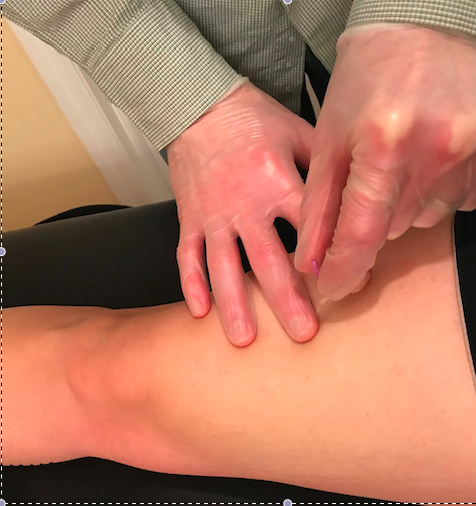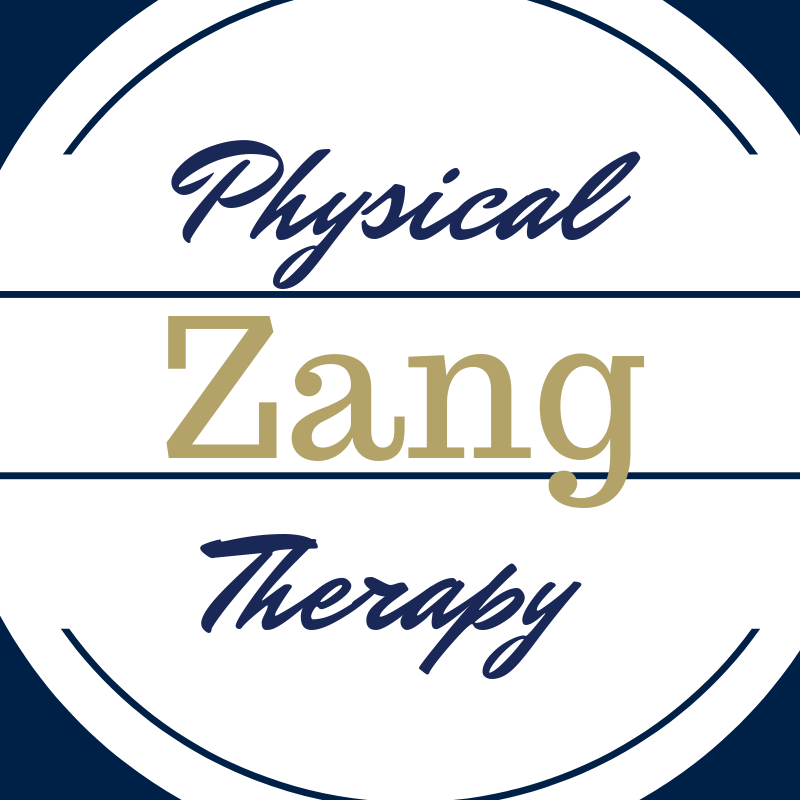Dry Needling is a treatment procedure performed to aid in the recovery of muscle/joint issues or injuries. It is an intervention that dates back to the 1940’s, derived from older methods of trigger point injections. Dry needling has gained increased popularity over the last 10 years. During this time, there has been an explosion of scientific research and data published demonstrating its many benefits.

The Basic Premise: insert a very thin needle into a tense, tight, or a painful muscle with the goal being to “release” the tension, tightness, or pain. The action of the needle creates this cascade of reactions within the muscle to achieve these goals (some of which are noticed immediately and others up to a few hours or next day).
What does a person feel? beyond the “it depends” statement, many individuals may feel a pinch, prick, muscle twitch, deep ache, or burning sensation. All these feelings tend to be temporary and indicate to the operator that they are addressing the right area(s) of the muscle. Often those points will be stimulated several times before moving on.
How will it help? In the right person, done on the right muscle and the right spot will result in reduced tension and pain and improve function. Individual results do vary but implemented by a skilled provider, the treatments tend to be helpful…meaning get back to doing what you enjoy with less stiffness or discomfort.
Side Effects? The most common side effects include pin point bleeding, bruising, local soreness or ache. The risk of anything more serious is extremely low…on the order of 1 in > 100,000 or more.
How many treatments are necessary? By and large if this treatment is going to be helpful the individual will notice a difference by session 3, if not it is probably not the right treatment for you. However, if you find it helpful, more sessions can be done – even on a maintenance basis.
How to know if it is right for you? Very individual decision here. Have you tried other things without success and they seem to be muscle related- it may be worth exploring this treatment option.
In the end it always comes down to patient choice and willingness to permit this treatment option. Should you have further questions on dry needling, it side effects or other, feel free to reach out to me at Andrew@zangt.com
